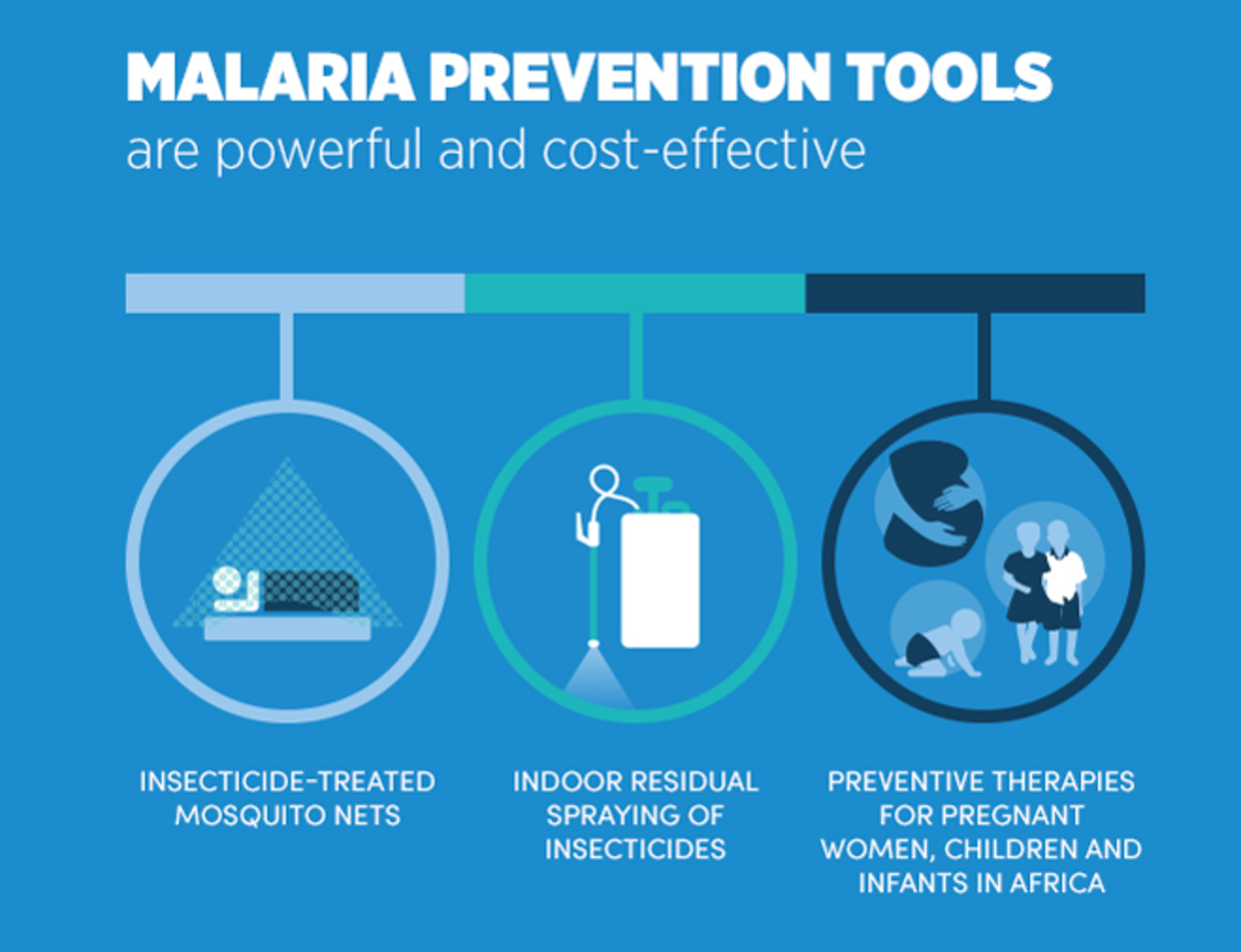Despite global progress in reducing malaria cases worldwide, the disease remains a significant threat to health and well-being around the world. World Malaria Day (April 25) offers an opportunity to consider the most effective means for reducing malaria and their potential benefits for long-term public health. IFPRI’s POSHAN project has estimated that distributing insecticide-treated bed nets (ITBNs) among pregnant women to prevent malaria in India is a low-cost way to address this problem.
While India has a relatively low incidence of malaria compared to equatorial regions, nearly 95 percent of India’s 1.25 billion people live in malaria endemic areas. A 2015 World Health Organization report found India ranked third among the top 15 countries in total malaria cases and deaths.
India continues to make significant improvements in fighting the disease, especially in states most affected. From 2000 to 2013, the country more than halved the number of reported cases. In addition, in 2016, the government set up the National Framework for Malaria Elimination, with a goal of zero cases by 2030.
To reach that ambitious goal, India needs low-cost solutions to prevent malaria among high-risk groups. Pregnant women deserve concerted attention because disease poses long-term health risks to both mother and child. Malaria during pregnancy can lead to maternal anemia and cerebral malaria, intrauterine growth retardation, low birth weight, miscarriage, and death of the mother, infant, or both. Using ITBNs is an evidence-based, globally recommended intervention to prevent malaria among pregnant women.
The total estimated cost of distributing ITBNS to pregnant women in the malaria-endemic areas of India is only 170 crore INR ($2.6 million) per year—less than 1 percent of the total cost of India’s national nutrition programs. Delivering such a low-cost and low-burden item can reduce disease and death rates among mothers and children, and ultimately improve the health of future generations.
The Indian government recognizes this opportunity. The Ministry of Health and Family Welfare distributes ITBNs and a related item, Long Lasting Insecticide Nets (LLINs), in malaria endemic areas through its antenatal care (ANC) platform. The coverage extends to remote and often vulnerable communities. The Accredited Social Health Activists, frontline workers of the Ministry of Health and Family Welfare, play a critical role in the distribution of the bed nets, especially during the first trimester of pregnancy when there is low use of the ANC platform. Active promotion and outreach efforts might be needed where the existing delivery systems are not strong.
Promisingly, through the National Framework for Malaria Elimination, a comprehensive survey to establish these priority areas is underway, and states are now required to include malaria prevention in broad health policies. The next step: Reaching zero.
Rasmi Avula is a Research Fellow in IFPRI’s Poverty, Health, and Nutrition Division based in New Delhi; David Richards is an IFPRI Media Relations Specialist.







